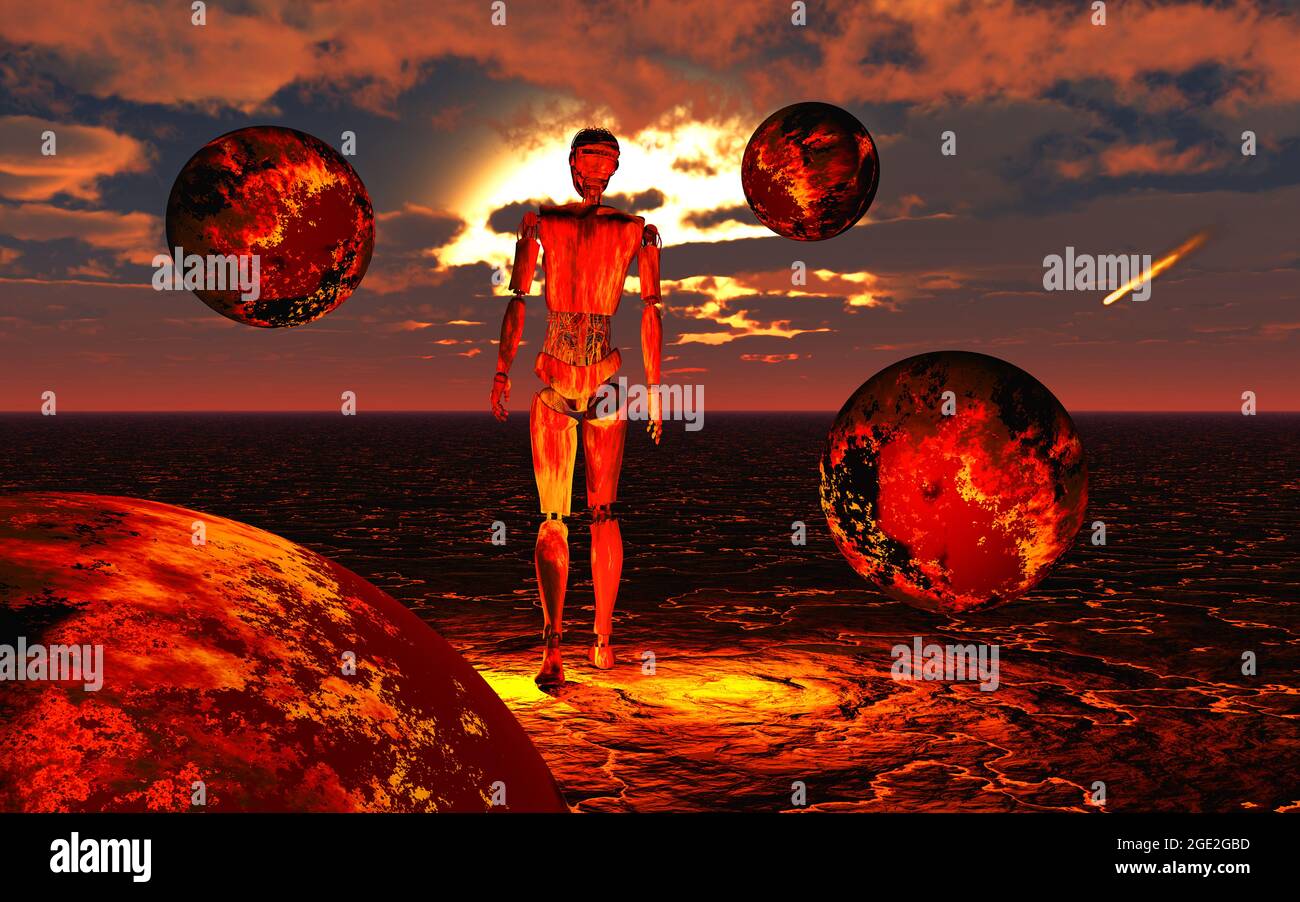

The use of "civilizations" as a countable noun was in occasional use in the 19th century, but has become much more common in the later 20th century, sometimes just meaning culture (itself in origin an uncountable noun, made countable in the context of ethnography). In the late 1700s and early 1800s, during the French Revolution, "civilization" was used in the singular, never in the plural, and meant the progress of humanity as a whole. The word was therefore opposed to barbarism or rudeness, in the active pursuit of progress characteristic of the Age of Enlightenment. The first known use in French is in 1757, by Victor de Riqueti, marquis de Mirabeau, and the first use in English is attributed to Adam Ferguson, who in his 1767 Essay on the History of Civil Society wrote, "Not only the individual advances from infancy to manhood but the species itself from rudeness to civilisation". The abstract noun "civilization", meaning "civilized condition", came in the 1760s, again from French. Related words like "civility" developed in the mid-16th century.

He said that the world crisis was from humanity losing the ethical idea of civilization, "the sum total of all progress made by man in every sphere of action and from every point of view in so far as the progress helps towards the spiritual perfecting of individuals as the progress of all progress". In The Philosophy of Civilization (1923), Albert Schweitzer outlines two opinions: one purely material and the other material and ethical. The fundamental treatise is Norbert Elias's The Civilizing Process (1939), which traces social mores from medieval courtly society to the Early Modern period. The English word civilization comes from the 16th-century French civilisé ("civilized"), from Latin civilis ("civil"), related to civis ("citizen") and civitas ("city"). The earliest emergence of civilizations is generally connected with the final stages of the Neolithic Revolution in West Asia, culminating in the relatively rapid process of urban revolution and state-formation, a political development associated with the appearance of a governing elite. Ĭivilization, as its etymology (see below) suggests, is a concept originally associated with towns and cities. Civilization concentrates power, extending human control over the rest of nature, including over other human beings. Civilizations are organized densely-populated settlements divided into hierarchical social classes with a ruling elite and subordinate urban and rural populations, which engage in intensive agriculture, mining, small-scale manufacture and trade. In this broad sense, a civilization contrasts with non-centralized tribal societies, including the cultures of nomadic pastoralists, Neolithic societies or hunter-gatherers however, sometimes it also contrasts with the cultures found within civilizations themselves. Historically, "a civilization" has often been understood as a larger and "more advanced" culture, in implied contrast to smaller, supposedly less advanced cultures.

Ĭivilizations are intimately associated with additional characteristics such as centralization, the domestication of plant and animal species (including humans), specialization of labour, culturally-ingrained ideologies of progress, monumental architecture, taxation, societal dependence upon farming, and expansionism. The Acropolis of Athens: Athens is widely referred to as the cradle of Western civilization and the birthplace of democracy.


 0 kommentar(er)
0 kommentar(er)
